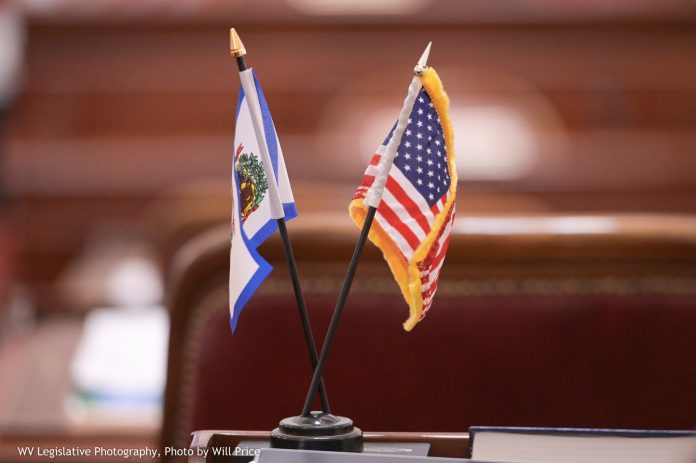
The Internet has had a large impact on the everyday lives of Americans. Possibly, one of its most significant social implications has been its ability to bring government closer to the people. Indeed, with the advent of broadband technology, the public’s connection to government has become virtually instantaneous.
Over the last two years, broadband usage in West Virginia households has nearly doubled. Twenty percent of the 736,000 households in West Virginia subscribe to a broadband Internet service offered by a telephone or cable television company. Users are always connected and broadband allows multiple computers to share the service by networking them together either with a cable or wirelessly.
But, a broadband connection is not required to use the Internet. A dial-up connection is quite adequate for citizens to find information about their government. Dial-up users connect to the Internet by plugging their standard phone lines into their computers. The computer then makes a call to another computer which gives it access to the World Wide Web.
The goal of the West Virginia Legislature’s Web site is to put representative government at the fingertips of the people. Almost any legislative document, from bills to district maps, can be viewed or printed directly from the site. Access to information is instant and convenient, which reduces print and distribution costs, and in turn, saves taxpayers’ money.
The site received a facelift between last session and the present. A more visually appealing interface, as well as a more streamlined navigation system, are two of the many features updated to better suit the public’s needs. Lawmakers, lobbyists and the general public have all contributed to the advancement of the site. Their insight and suggestions have been incorporated into the site’s ever evolving interface.
Through conversations with constituents and lobbyists, the Legislature developed a Personalized Bill Tracking system on the Web site. This feature may be one of the most popular services offered. Although it was introduced in last year’s Regular Session, Personalized Bill Tracking has been modified and enhanced for the current session. It allows individuals to gather information from the site more efficiently. While it is possible to find which bills were introduced on a given day or which bills are sponsored by a certain lawmaker through the site’s Bill Status link, Personalized Bill Tracking is the only feature that allows someone to view the status of multiple bills of specific interest all on one page. The service has become so popular that more than 1,500 users have registered as of March 1st. It has been growing by about 100 new users a day.
To use the service, one would just have to create a username and password, give a valid e-mail address and his or her first and last names. Once logged in, it is very simple to create a list or add bills to an existing list by clicking on the link at the top left.
Previously, only 10 bills could be grouped together in a list. Now, an unlimited number of bills can be tracked together and the user has the ability to name each list rather than having it automatically named for them. If the user wants to add to an existing list, then he or she would simply type in the name of the list and add a bill the same way.
Aside from Personalized Bill Tracking, the Legislature’s Web site also provides additional constituent services, such as legislative contact information and e-mail addresses. A list of all senators and delegates with their Capitol addresses and phone numbers are displayed on one page. And, a citizen can even search for the representatives by using his or her zip code. This will list each of their lawmakers from both the House and Senate with e-mail addresses, as well as their hometown business phone number, in case the Legislature is not in session.
As the Legislature continues to make strides in providing important information electronically to citizens and engaging them to become part of the legislative process, developers of the Web site welcome comments and suggestions on how to further this source of communication. This is just one more way that the Legislature is working to bridge the gap between the Capitol and constituents.

